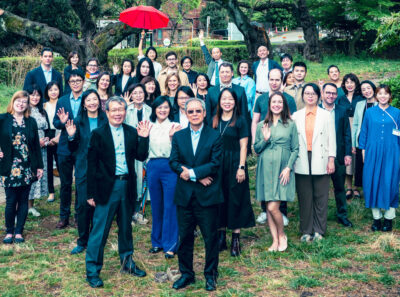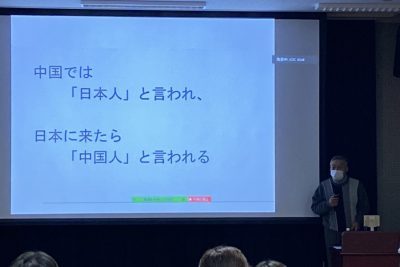Report of a Visiting Scholar at Tokyo College Part 2 – Beyond disciplinary boundaries: Impressions of an interdisciplinary Research Institute
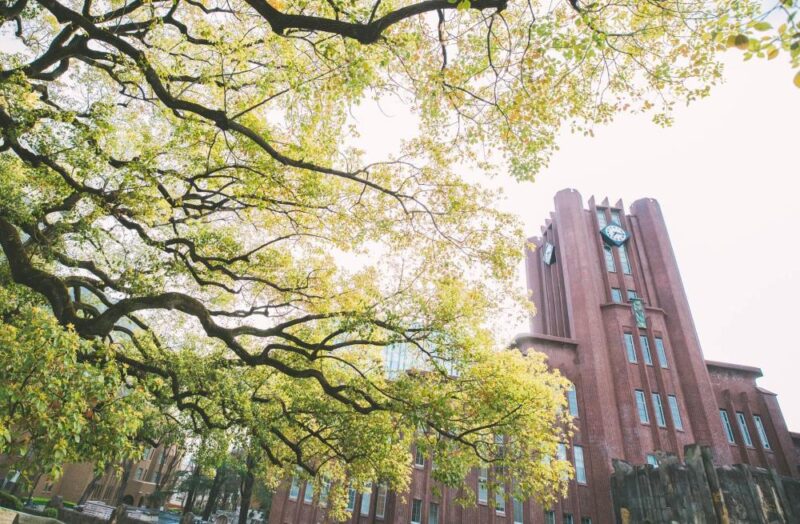
Lianara Patricia DREYER (Visiting Scholar, Tokyo College)
My main reason for conducting research at Tokyo College in Japan was not just to do fieldwork in woodworking. I was actually more interested in the institute itself. Tokyo College, established in 2019, is a relatively new institute that faced challenges due to the Covid-19 pandemic shortly after its founding. In my research project at Tokyo College, I focused on how the institute has developed and how scientists from different disciplines collaborate with one another. I conducted semi-structured interviews with various members of Tokyo College, gaining valuable insight into their work and attending meetings and events. Through these interactions, I met researchers working on diverse projects such as linguistic analysis, research on the social embeddedness of technologies, and field research about upskilling effects of craftwork in India. While all these are independent projects of my colleagues, their work (like my own field work in Japanese woodworking) requires reflection and discussion. An opportunity which I have found at Tokyo College.
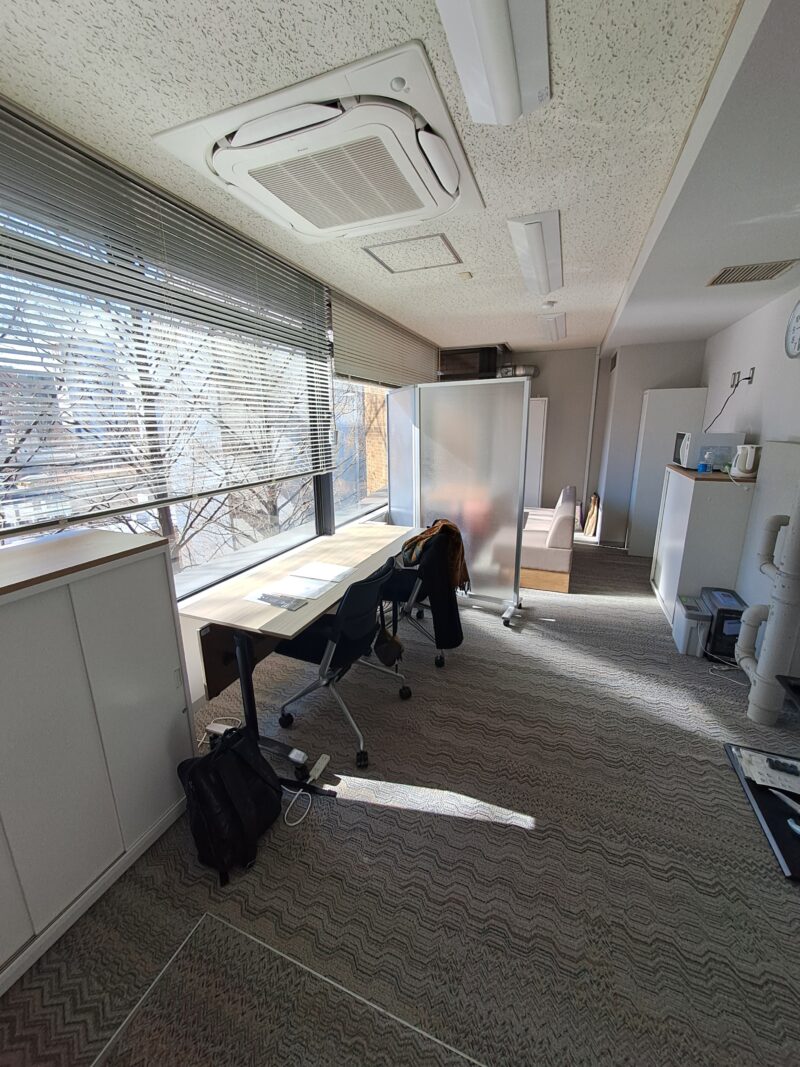
Picture 5: My “homebase” in Japan: The office
Working together beyond disciplinary boundaries
The discussions take place during the numerous meetings held at Tokyo College. One type of meeting is the working group, where members of Tokyo College gather to collaborate on a common topic. Given my background in traditional woodworking, I was invited to join the Heritage Group, where we read drafts and discussed texts. Our collaboration extended beyond textual analysis; we also went on a field trip with Prof. Dr. Andrew Gordon to Iwaki, a former coal mining area. At a museum built by a former miner and now managed by his son, we learned about the region’s history. I found it surprising that Iwaki was being revitalized through tourism initiatives by the government, including the creation of a wellness center with a Hawaiian spa to counter the decline of the coal industry. Additionally, we visited Furutaki-ya, where an exhibition commemorating the victims of the 2011 tsunami and the nuclear accident in Ōkuma, Fukushima, was on display. This visit highlighted the interconnectedness between the tsunami and the nuclear disaster.
Another form of collaboration is the Writing Group, which meets online twice a week. As a visiting scholar, I had the opportunity to participate in the group and host some of the sessions. These meetings aim to facilitate text production, promote efficient work practices, and provide mutual support among participants. They bring together members of the institute who are often engaged in fieldwork or working remotely.
A biweekly seminar, entitled "Work-in-Progress" (WiP) serves as a platform for interdisciplinary discussion of draft texts. During these sessions, scholars present initial drafts and receive feedback from their peers. The unique aspect of the WiP seminar is twofold: first, the texts are still in the developmental stage, allowing scholars to present incomplete drafts for feedback and further refinement. Second, the audience consists of colleagues who offer constructive feedback and refinement. As a visiting scholar, I had the opportunity to present a joint paper draft on integrating digital technologies into social contexts, as part of a collaborative effort with my colleague.
(Public) events, networking and exchange
The internal events for scholars at Tokyo College are further enriched by the organization's public events. These events are tailored to the general public and are often recorded and shared on the video-sharing platform YouTube. They cover a wide range of topics and are aligned with the main themes of the working groups at Tokyo College. While there are numerous examples to mention, I will focus on Dr. Bob Jickling’s lecture on wild pedagogy and the discussion with Sayaka Murata, the author and winner of the 155th Akutagawa Prize (Convenience Store Woman, 2016). Additionally, I was particularly impressed by the conversation with Haneda-sensei, the former president of Tokyo College, who retired during my visit. His willingness to spend time with the scholars at Tokyo College, sharing his knowledge and experiences, exemplifies his dedicated leadership and openness to young researchers.
Apart from the more formal exchanges, there are two other ways in which Tokyo College members come together. Firstly, there are the self-introductions of new scholars at the institute. I attended the self-introduction of various Visiting Professors, such as Jean Louis Viovy, who discussed his work in biophysics, bioanalytical sciences, and microfluidics. These are just one of the many events held at Tokyo College where scholars from diverse fields, including the humanities, social sciences, natural sciences, and economics, engage in dialogue. I also had the opportunity to present and discuss my research with my colleagues, receiving valuable feedback.
Secondly, the weekly tea meetings serve as a gathering place for faculty members. Here, I met scholars who preferred to work remotely due to caregiving or health reasons, as well as professors from Tokyo College or the University of Tokyo. The space is egalitarian, with no distinction based on positions (professors, post-docs, project researchers), and all participants engage on equal terms. For junior scholars, these tea gatherings offer a chance to connect with more experienced scholars, while experienced professors can provide feedback on the research interests of the upcoming generation of scholars and support them in their projects.
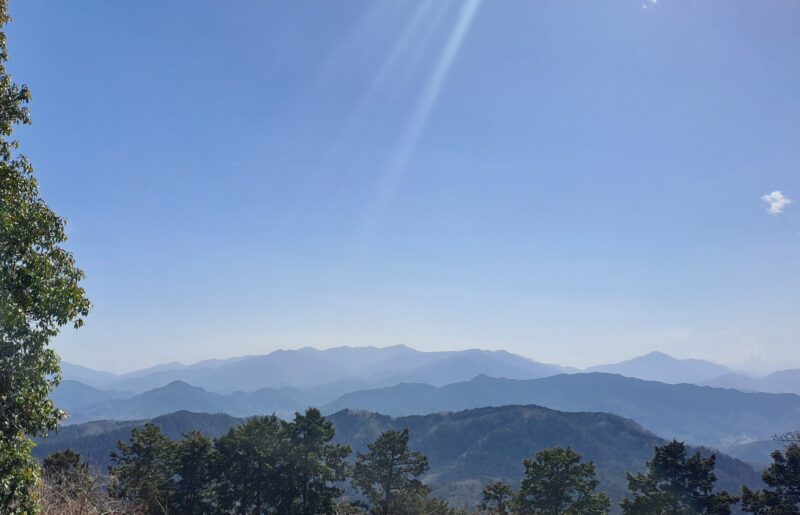
Picture 6: View from Mount Takao
Cooperation at Tokyo College is further enhanced by community activities. These activities are typically initiated and organized by individual members. One particularly memorable experience was a hike up to Mount Takao with the former deputy director of Tokyo College, Mino-sensei, who patiently guided us along the trail. Following the hike, we visited the Super Sento Ryusenji no Yu Hachioji Minamino to take a relaxing bath and shared a meal together. Another noteworthy event was a museum visit organized by Yuki Terada, accompanied by Tokyo College professors Dr. Leslie Bedford and Dr. Frank Upham. The joint visit to Miraikan, the National Museum of Emerging Science and Innovation, alongside colleagues from Tokyo College, provided me with a fresh perspective on museum design. While it is not possible to details all the activities at Tokyo College, I will just mention the joint fried skewer party in May and the celebration of my 30th birthday. As someone new to Japan, I was grateful for the opportunity to spend the evening with my colleagues, dining at a yakitori restaurant and tasting sake afterwards.
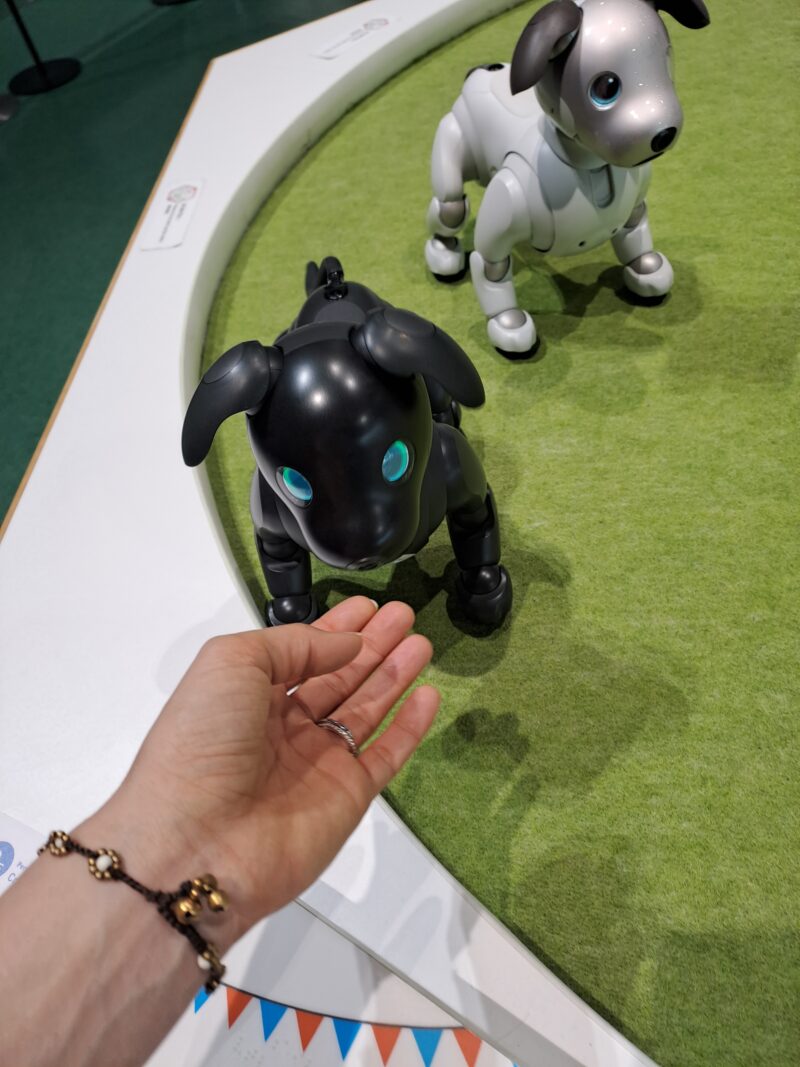
Picture 7: Robot in the National Museum of Emerging Science and Innovation
Finally, I would like to extend my sincere appreciation to the administration of Tokyo College. As a foreigner with limited knowledge of Japanese, handling my visa and navigating bureaucratic procedures with local authorities would have been impossible without their assistance. Tokyo College's recognition of these challenges faced by foreigners and their provision of support further demonstrate the organization's international orientation.
Throughout my stay in Japan, Tokyo College served as my focal point, and not just because I had a wonderful office with a view. The interdisciplinary exchange, particularly across disciplinary boundaries, is a defining characteristic of Tokyo College. The organization offers the necessary structure and support for realizing research projects. It is not the physical infrastructure that shapes the institution, but rather the dedicated and ambitious scholars who infuse it with vitality. Tokyo College is distinguished by its committed researchers who are deeply passionate about their work. The collaborative and supportive atmosphere here stands out from the often-competitive environment of academia.
As a result, my departure from Japan was bittersweet: a tear in one eye as my time as a Visiting Scholar came to an end, but a smile on my face as I carry all these experiences with me, hoping that it will not be my last visit to Tokyo College.


